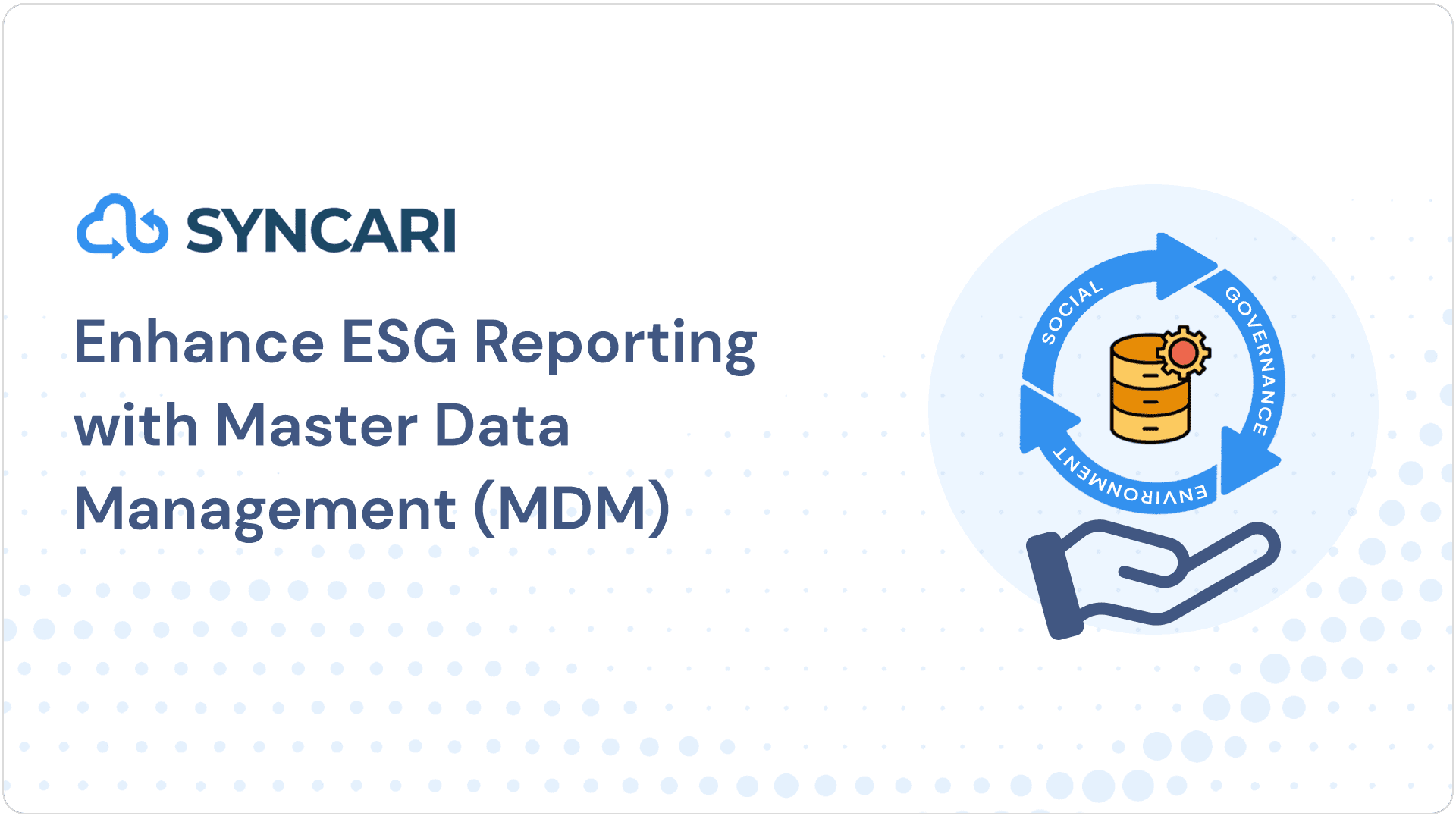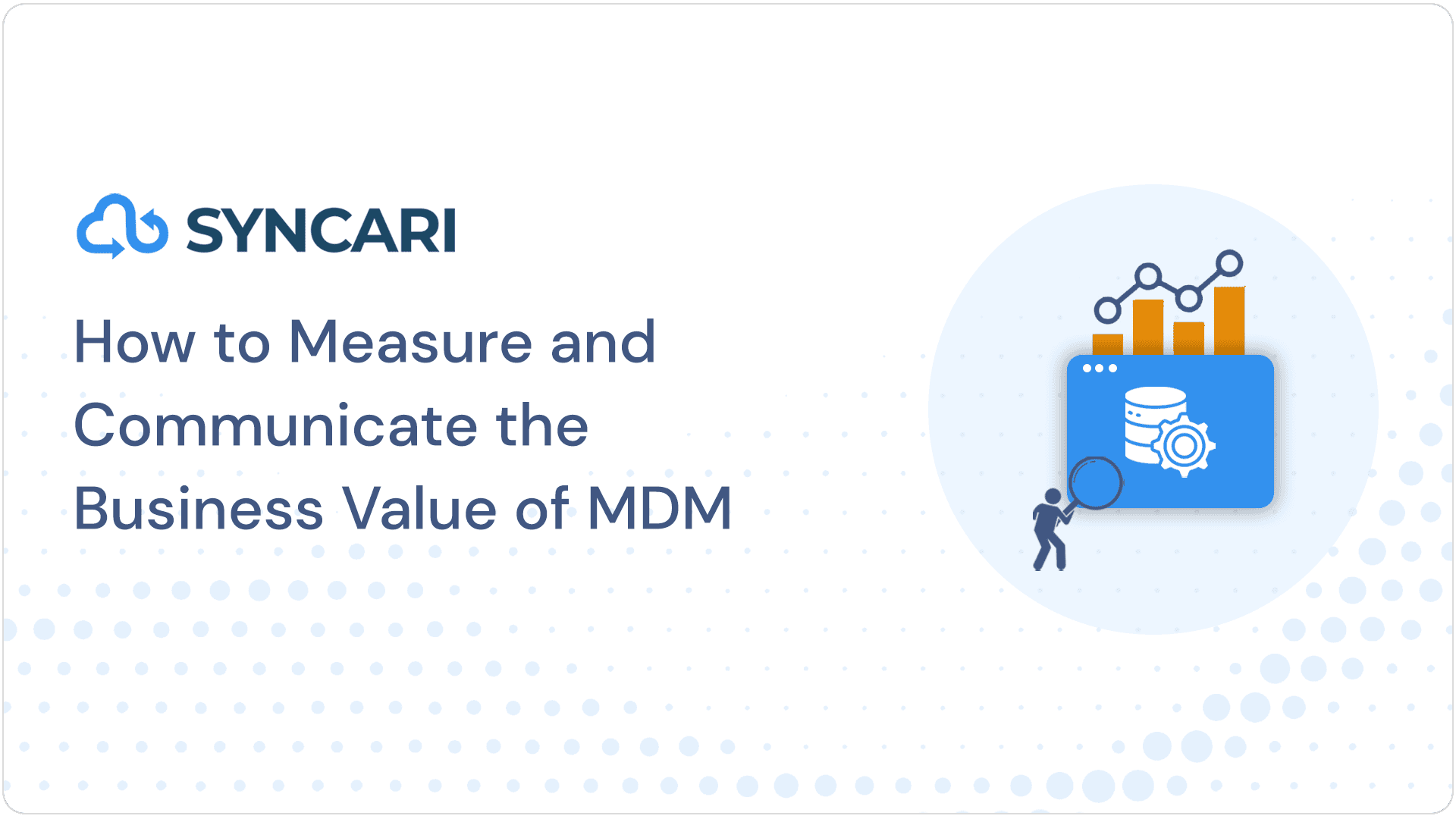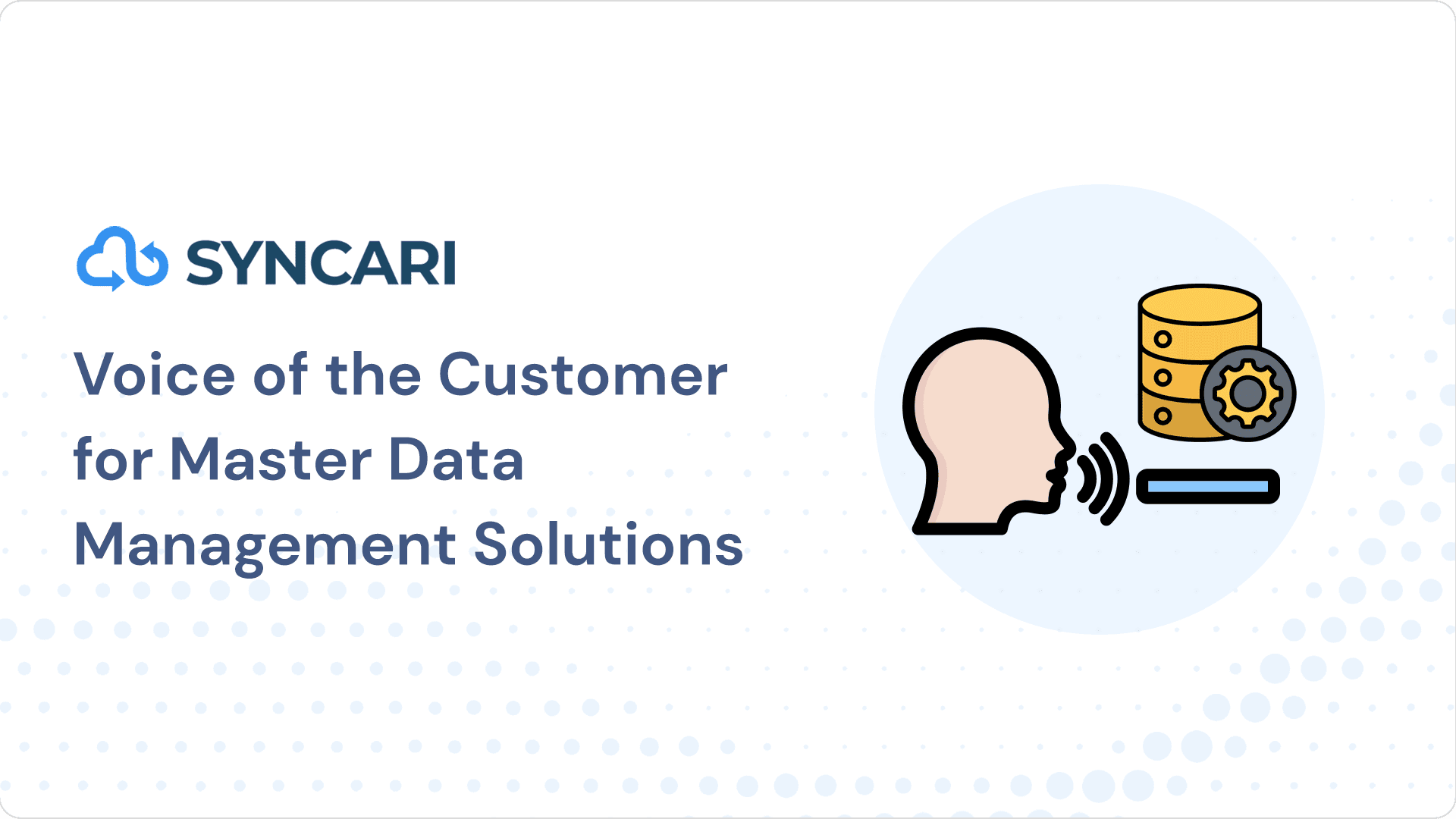You must hear much about automation web apps and software like Integrately, Workato or Syncari. This blog post will teach you about various automation software and integration platforms, including the best Integrately Alternatives to enhance and simplify your digital business processes.
What is Data Integration?

The process of combining data from various source systems to produce unified sets of information for both operational and analytical uses is known as data integration. Integration includes cleansing, ETL mapping, and transformation, starting with ingestion. Analytics tools can ultimately produce useful, actionable business intelligence thanks to data integration.
Data integration cannot be approached uniformly. A network of data sources, a primary server, and clients that access data from the primary server are typical components of data integration solutions.
Now, let’s learn about Integrately and Integrately Alternatives.
What is Integrately?
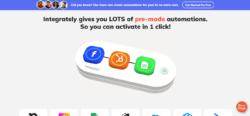
Integrately is a click integration platform for non-techies. It enables companies to improve productivity and streamline their operations. Businesses can utilize this cloud integration platform to integrate Webhook/API integration & Dubb. Best part? Without acquiring any technical skills, you can easily integrate them with 1000+ web apps in just a few clicks!
You can use this platform to automate business outcomes to enable insightful analytics, and data entry. Businesses save time and money using Integrately by automating routine operations that would otherwise require manual labor. Organizations using Integrately can also design unique processes for specific jobs, enabling them to obtain their desired results swiftly.
Additionally, the platform offers robust reporting capabilities to create automated workflows that allow customers to understand their operations easily.
Pros
- Multiple apps can be automated with only one click or just a few clicks, simplifying complex business processes.
- Connect to more than 475 popular applications and integrate web apps.
Cons
- Data modifications that are less technically complex than those offered by other competitors
- Inferior to several alternatives in terms of usability
- Fewer options for Apps than other competitors
7 Best Integrately Alternatives
Here is a compiled list of Integrately Alternatives with all the necessary details:
1. Tray.io

Your complete stack can be integrated with an automation platform using Tray.io, which offers all-in-one API integration services. The platform provides the chance to improve evolution through typical data integration projects. Thanks to the visual workflow editor in this powerful tool, enabling you to create and simplify the process.
With simple onboarding, this tool offers a wealth of assistance such as SLA priority, churn detection, and CRM sync.
There is no need to deploy other resources because a company using this software can achieve goals by automating business processes using these robust data integration systems. Whether it be CSV automation, webhook, embedded databases, or API interfaces, Tray.io is the answer to various integration solutions.
Pricing: – $595 – $1450/month
Pros
- With more data enrichment, data flows, seamless data syncing, process automation projects, and a rapid approval procedure, Tray.io will undoubtedly be the one to offer ongoing assistance.
- You can construct a complicated request if endpoints need special as the platform includes options for making individual calls to a company’s API care.
Cons
- Setting this up can be difficult if you aren’t utilizing one of their “out of the box” interfaces.
- If you are familiar with the foundations of coding and how to utilize APIs, only then you can build and iterate automation quickly.
2. Improvado
Data management for teams is made incredibly simple with the help of Improvado, an automated pipeline for marketing data. The platform gives you access to all the data you need under one roof and improves your decision-making on marketing, process automation and extensible data integration project. By tying the dots with your data, Improvado makes it possible for your teams to function more efficiently while eliminating all hassles.

Numerous tools are available to enhance your data visualization experience and automate workflows, but most importantly, you can comprehend the essential data using in-depth analytics at the warehouse.
Multi-channel attribution and cross-channel analytics, data transformation, marketing dashboards, data extraction, agile integration architecture, prioritization, and other capabilities are among the many offered by this platform. Additionally, Improvado addresses all business requirements with marketing automation and the appropriate methodology for data transformation from basic to complicated.
Pricing- Custom pricing model
Pros
- Incorporating several data sources with a single straightforward link. user-friendly interface, and top-notch customer support.
- Improvado does a good job of enabling the flexibility of fluctuating production demands.
Cons
- It’s pricey, which most people may find difficult to justify.
- Options for customization are constrained beyond what businesses require.
3. Celigo API
Would you like your infrastructure to be more adaptable, scalable, and efficient? Then, seamless data integration of the Celigo API is the best option to maximize marketing potential.
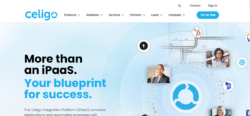
Celigo API integration platform is a sophisticated iPaaS cloud connectors integration platform that offers a centralized platform to help your company grow on the major cloud services. This robust integration platform promises comprehensive automated workflows for teams to have the necessary products, and it surfaces vital data that can drill outcomes for businesses to drive growth.
Get a simplified, automated method and flexible integration patterns, no matter how complicated or simple the procedure is. The Celigo API connection allows organizations to have a pre-built integration process, quick-start templates, and connectors while stabilizing the IT demands.
In addition, a data loader, flow builder, integrated app framework, error manager, enterprise-grade security, developer tools, autopilot, compliance management, and other features are available.
Pricing- 600$-2500$
Pros
- It enables enterprises of all sizes to connect their systems by quickly making new custom integrations.
- It can synchronize and integrate data, automate workflows activities, integrate cloud services, erp integration platform, and enhance data quality to give you a unified integration experience.
Cons
- It takes time to create the order information necessary to move the opportunity stage to Closed-Won.
- Users and connections are only sometimes synced between SAP Integration Process and Salesforce when a sales order or quote is made.
- This erp integration platform has Product Categories which are incompatible.
4. Microsoft Azure
Microsoft Azure API Management is a scalable, multi-cloud, and optimized technical platform that satisfies all data requirements to make corporate operations more efficient. In addition, teams can accurately forecast future-proof outcomes because of the platform’s extensive data analytics, data integration strategy, unlimited data processing, and API visualizations, allowing the company to generate more significant ROI with certainty.
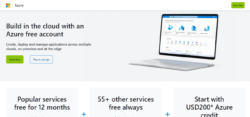
There is just one location to handle APIs in this hybrid cloud management solution, which is experimenting with the API design to speed up growth. To boost traffic flow, it is also possible to create API gateways with hosted APIs on-premises or in the cloud.
In addition, you can secure resources thanks to Microsoft Azure API Management tools robust authentication, integration framework, permission, and usage restrictions. Some notable features include automated API documentation, API versioning, API mocking, a customized developer’s site, rest-based APIs, back-end services, and more.
Pros
- The developer portal allows for customization.
- The flexibility that adapts to users’ needs rather than kicking novices out.
- Robust access control for APIs.
Cons
- Automation of network infrastructure is only sometimes successful.
- Pricing can become challenging to monitor and forecast.
Pricing- Spot Pricing
5. Jitterbit Inc.
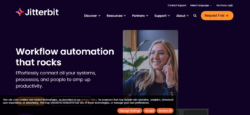
Jitterbit is a API management platform that introduces workflow based on an automated method to integrate apps and data. When combined with artificial intelligence, this technical advancement provides the accurate data needed to conduct analysis more efficiently and make future-proof forecasts. For organizations to experience rapid growth, rich customer experiences, and new chances to be on top of productivity, Jitterbit offers all the integration efficiency support for current workflow.
Jitterbit API Integration platform is your dependable partner whether you work in higher education, retail, transportation, other sectors, manufacturing, or anything else. Cloud agent support, citizen integrator, studio visual designer, analytics, API security, private API gateway, customer success manager, connection support, and more features are available.
Jitterbit API Integration platform is valuable for improving a business since it provides essential infrastructure and data management.
Pricing- 1000$-5000$
Pros
- The tool is highly drag-and-drop friendly and offers the ability for value lookups to the Salesforce organization or database.
- The modular approach is one of the best things that helps save a tonne of time with maintenance and process adjustments that you make over the years.
Cons
- It effortlessly exposes your API limits and potentially causes hassle if your projects need to be adequately tested.
- Using Jitterbit for object/item mapping can be challenging.
6. Workato
One of the well-known brands in work automation is workato, which offers a single platform for managing data integration and workflow automation throughout your whole company and core business processes. Leading companies like HubSpot, Adobe, AT&T, AutoDesk, and box trust it. It makes it easier to create complex processes across all organizational functions, including product, IT, support, finance, marketing, and sales. The platform is a pioneer in this field and provides Enterprise Power to integrate data and automate workflows.
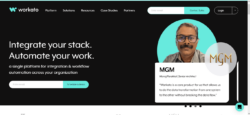
The tool lets you enjoy serverless operation with no need for Dev Ops, the flexibility for elastic scaling, and built-in redundancy. However, any firm should prioritize security, and Workato shines in this area by offering industry-leading governance and security. Because of this, it has established a reputation and has the trust of the largest financial institutions.
Pricing- Custom Model
Pros
- There are several recipes available from the Workato community that may be further modified.
- It offers supporting technologies like workflow automation, low-code API administration, and chatbots for businesses.
Cons
- If you don’t use Workato’s pre-built recipes, there is a severe learning curve.
- Pricing is primarily determined by how many recipes you are creating. Therefore, if you want to use a lot of recipes, expect to spend a hefty price.
7. Syncari
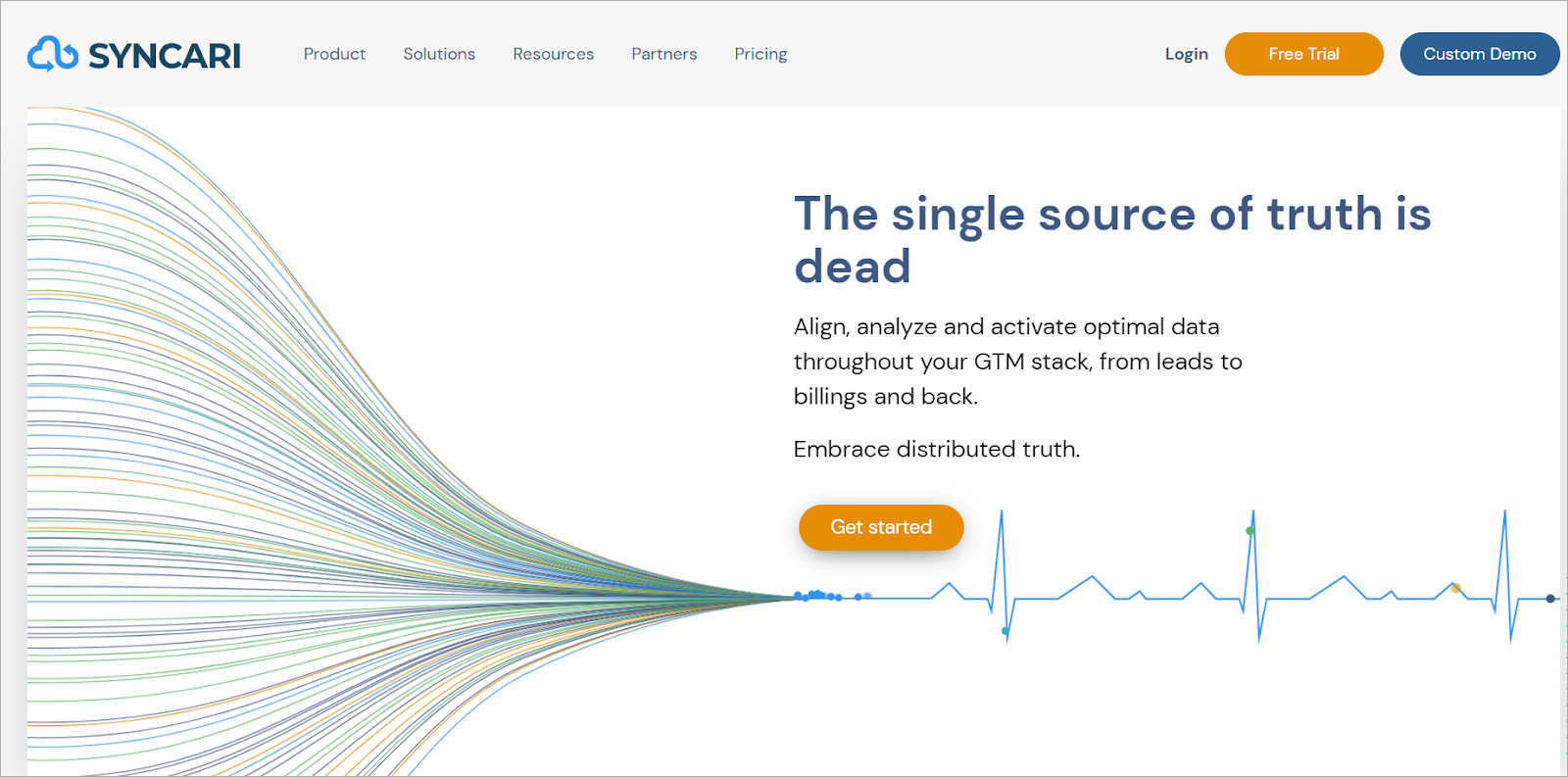
syncari-marketing-automation-tools
Only Syncari can combine client data from many platforms. To avoid transferring duplicate copies of customer data from one tool to another and back again, it is specifically capable of syncing data in NetSuite and Salesforce concurrently.
Additionally, Syncari combines customer data from HubSpot, Microsoft Dynamics CRM, and Zoho CRM with that from NetSuite. With any of its 50+ “synapse” interfaces, this tool can integrate NetSuite.
By integrating NetSuite and Salesforce with Syncari, you can ensure that your customer information is correct for your finance and sales teams.
It was important for operations managers to be able to design, run, and maintain the platform when developing Syncari. In addition, it must be straightforward to use, headless, and code-free. The operations teams—not IT—successfully employ Syncari, which offers all these.
You can move more quickly, with more agility, and finish data projects with much more depth and breadth.
Pricing: – $2,995 – $4,995/month
Pros
- Organize, assess, and lower your data stack cost while accelerating consumer data unification.
- Priced by records unified, not by APIs, there are no unexpected overage charges, and pricing adjusts somewhat as you develop.
- Syncari provides a streamlined, unified method for data teams to integrate product warehouse data with CRM and other GTM applications.
- Without complicated IT setups or expensive custom connections, Syncari connects and synchronizes data throughout your whole app ecosystem.
Cons
- Complex data models need time and knowledge to set up.
Conclusion

Businesses can benefit significantly from automation software, but selecting the best seamless api integration platform can be challenging. Knowing which solution best suits your company’s requirements is difficult, given the variety of possibilities available. To ensure you choose the best software for your company, critically examine all these Integrately Alternatives, and opt for the one integration platform meeting your requirements to boost customer engagement!
